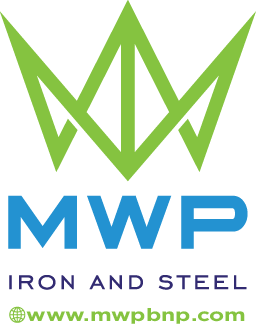Sustainable Steel Materials
For manufacturers and builders committed to sustainability, sourcing environmentally responsible steel poses challenges. This article provides guidance on procuring and specifying more sustainable steel materials that minimize environmental impacts.
Specify Recycled Content
Seeking steel made from recycled scrap reduces the demand for virgin iron ore mining. Most structural and sheet steel today contains 25-95% recycled content. Maximizing post-consumer recycled steel supports the circular economy.
Source Locally
Choosing steel suppliers located closer to operations cuts transportation miles resulting in lower carbon emissions. Local sourcing also ensures responsiveness and just-in-time delivery. Domestic mills and distributors may offer more sustainable options.
Seek Green Certifications
Certain respected certifications like Cradle to Cradle and GreenCircle validate sustainability initiatives by steel manufacturers. Specifying certified sustainable steel ensures responsible upstream processes.
Require Responsible Practices
Require suppliers provide evidence of ethical mining, rigorous environmental management, water conservation, worker safety, and transparent sustainability reporting. Favor progressive providers.
Consider Alternate Materials
In suitable applications, alternate sustainable materials like bamboo or recycled plastics may serve structural needs with lower impacts than virgin steel. Material substitution assessments help identify greener options.
Favor Energy-Efficient Mills
The amount of energy required during steelmaking has major environmental consequences. Seek suppliers actively investing in energy efficiency upgrades, renewable power, and emissions-reduction initiatives.
Minimize Processing
The more production and finishing steps required, the greater the lifetime environmental impact. Simplifying part geometries and limiting processing/coating supports dematerialization efforts.
Enable Recyclability
Designing products using monolithic steel grades, no toxic coatings, and avoiding co-mingled materials simplifies end-of-life recycling to close the loop.
Adopt Circular Business Models
Consider circular services like steel reuse, refurbishment, repair, and takeback to retain more value and extend asset lifetimes rather than constantly extracting new materials.
Making sustainably-minded decisions when sourcing steel materials demonstrates your organization’s commitment to supply chain responsibility. Let us know if you need further guidance on green procurement strategies.
Steel Rate in Pakistan Today Grade 40-60 Everything You Need To Know!
